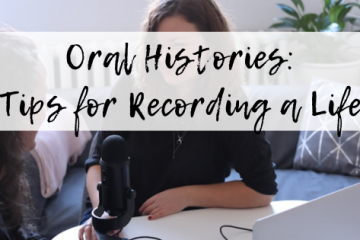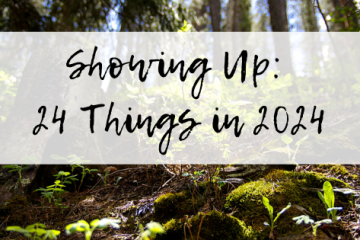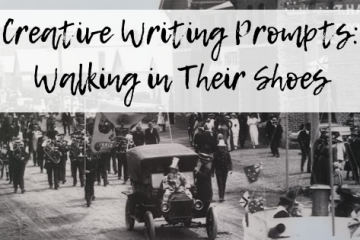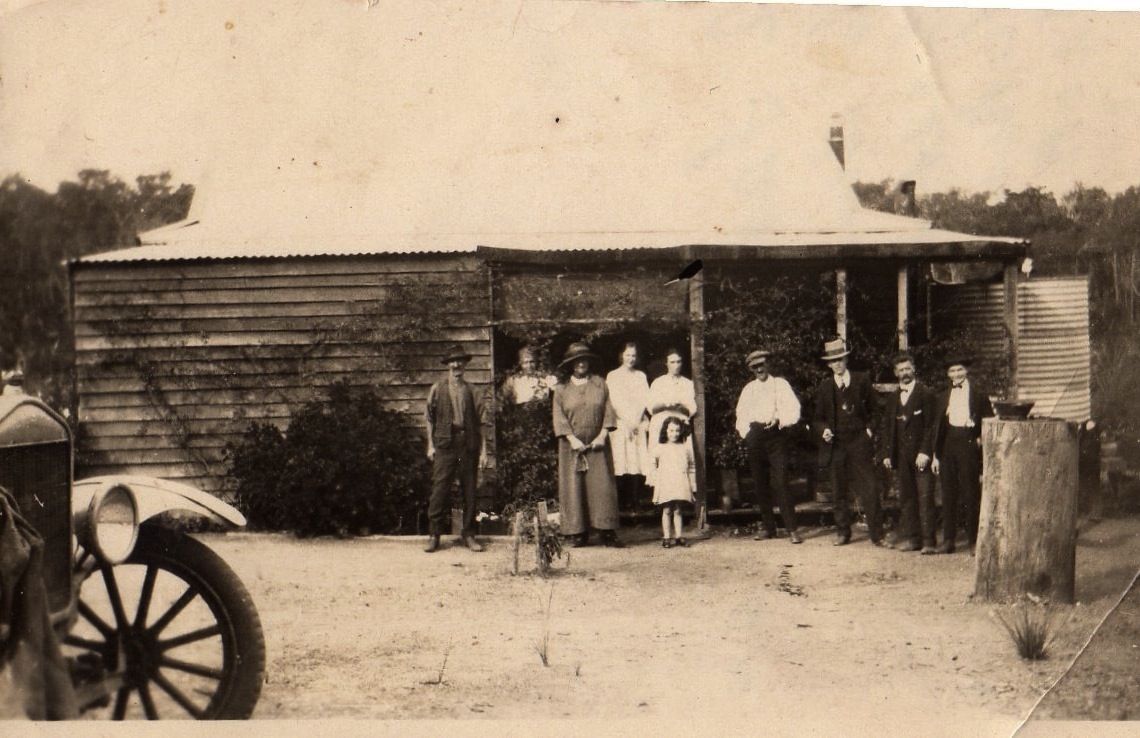
I’ve just finished a series of workshops with a wonderful group of family historians. We met fortnightly over the space of a term, and I heard some truly extraordinary stories, not only because of the particular people and events included, but also the way in which those stories have been told.
This post is partly to encourage the members of this group to continue writing even though we have (temporarily?) stopped meeting together, but I hope they will prompt others to put pen to paper, too.
I’ve been told numerous times that when writing family history, we should begin with ourselves. For that reason, the following prompts begin with our own stories, and then expand out to include other family members and ancestors. Remember that for future generations, you may become the subject for their ancestral research. Wouldn’t it be great to leave them with a little more than the names and dates that many of us have to be (dis) contented with?
1. First House
Draw a plan of your first home. Enter in the front door. Use the five senses (sight, hearing, smell, taste and touch) to describe the sensations you experience. Use descriptive language and express your own feelings.
2. Place of Family Significance
Repeat the above exercise (to whatever extent is possible), but this time think of a place that belonged, or was significant, to someone from your extended family.
What memories do you have of the place you have described? What do you remember of the relatives/ancestors who lived there? What anecdotes, however brief, can you tell?
If you didn’t know them, as is the case with my great-grandmother, who else might be able to tell you something about the place or the people you are researching?
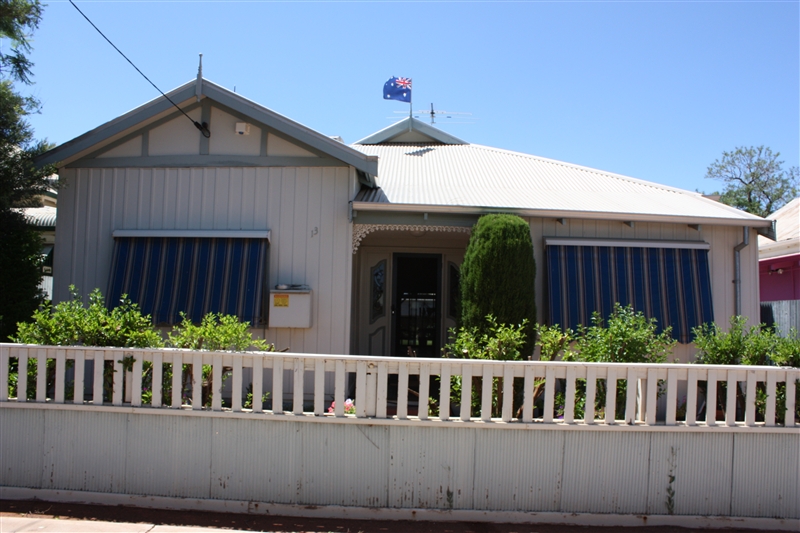
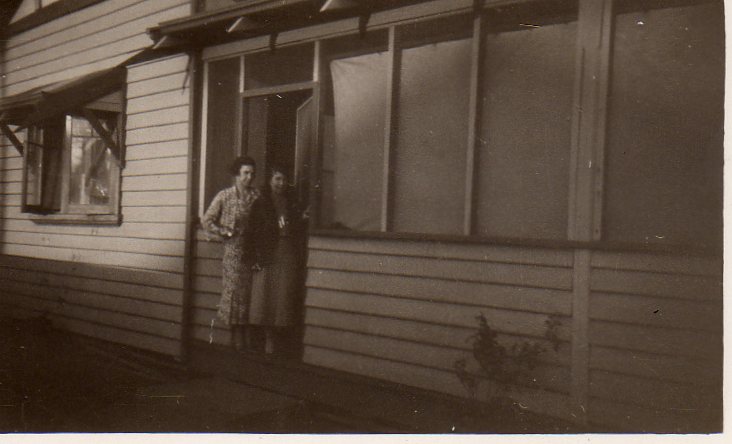
3. Family Ritual
Describe a family ritual you remember from your childhood.
If possible, explain the origins of that family ritual. Was it passed down from previous generations? If so, how and from where? If not, who started it and why? Did it come from within the family, or from a wider cultural/religious tradition?
Is it something you have passed on to the next generation? Why or why not?
4. Significant Objects
Choose an object that was significant either in childhood or in adolescence. Close your eyes and picture it – if you still have the object, even better!
Describe it and relate the particular circumstances associated with it. You may find long forgotten emotions coming to the surface.
5. Music
What music did you listen to as a child? If possible, re-listen to one or more songs. If you don’t have a copy of it, you may be able to download it, or even find it on YouTube.
What memories does listening to the song/s evoke for you?
6. Music and Ancestors
Choose an ancestor you’re currently researching. If it’s someone you knew, what music do you associate with them with or even remember them listening to?
If it’s a more distant ancestor, research the music that was common during their life time. How might you use this information to add detail or a little contextual history to that person’s story?
7. Photographs
Select a photo from your family history archives.
If possible, identify the people in the photo, as well as the date and time period.
Describe the contents of the photo:
- facial expressions and body language
- clothing
- background such as trees, houses, roads, studio
- any activity taking place
These may seem like minor (or minimal) details, but even a few phrases can be sprinkled through the narrative you’re creating for a particular person or time period.
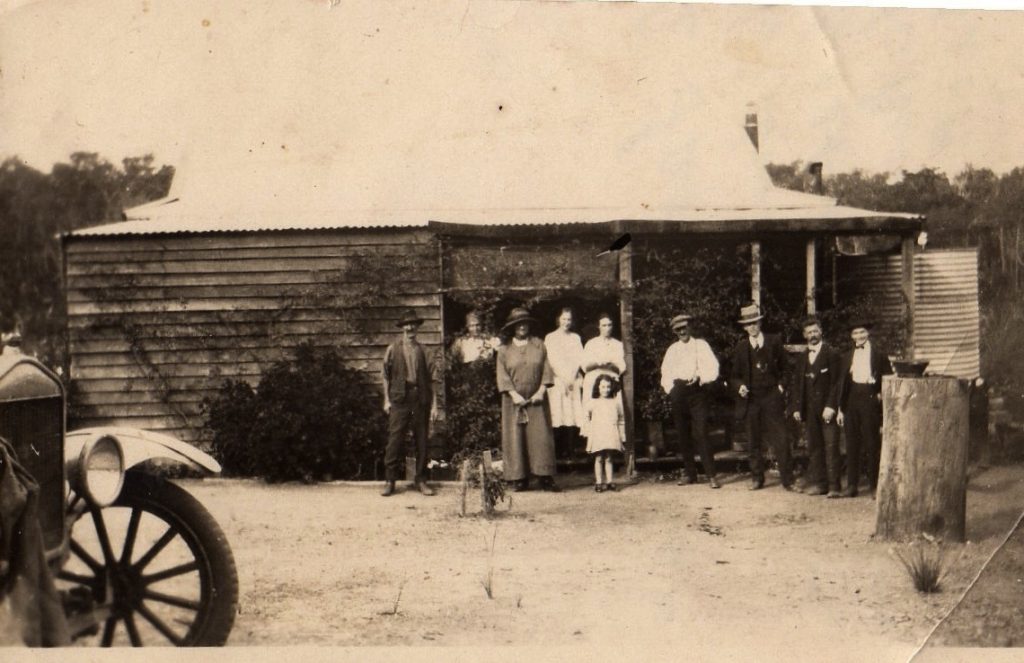
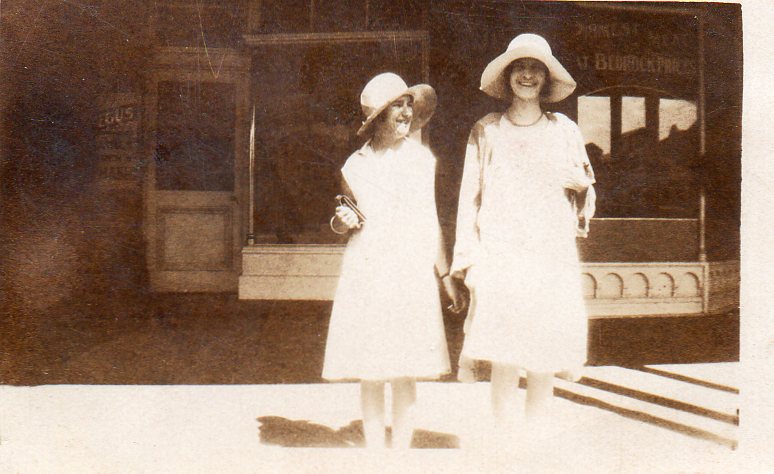
Over to You
I’d love to hear about any writing that arises from these prompts. Which will you, or did you, attempt first?
Make a note in the comments, or email me, and let me know!

